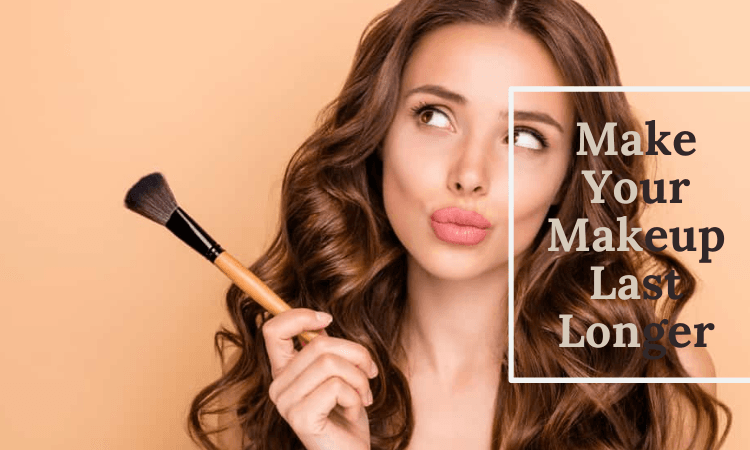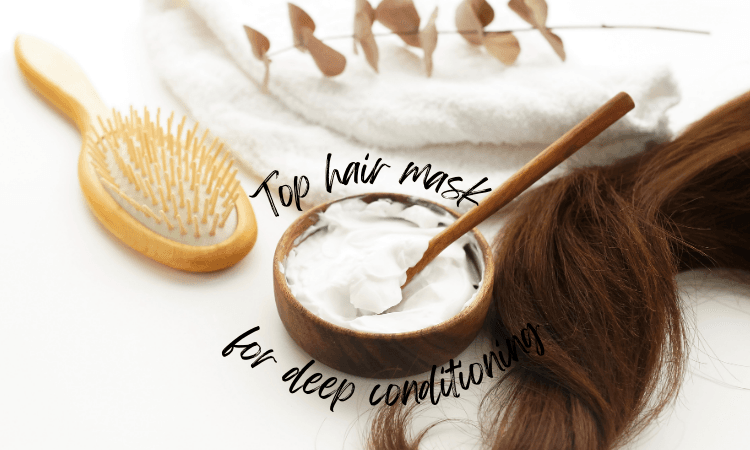Choosing the right shampoo for your hair is essential for maintaining its health and appearance. With so many options available, it can feel overwhelming to select the one that best suits your needs. To make this decision easier, understanding your hair type, the ingredients in the shampoo, and any specific hair concerns you may have can help guide you to the best choice. This article will help you navigate these factors, providing clear guidance on how to select the ideal shampoo for your hair.
Understanding Your Hair Type
The first step in choosing the right shampoo is identifying your hair type. Knowing whether your hair is straight, wavy, curly, or coily will influence which shampoo is best for you. Additionally, it’s important to assess the condition of your hair, whether it’s dry, oily, fine, or thick. Understanding these factors can help ensure that you select a product that addresses your hair’s unique needs.
Identifying Different Hair Types
There are four main hair types: straight, wavy, curly, and coily. Each type requires different care, as it reacts to products and styling methods in distinct ways.
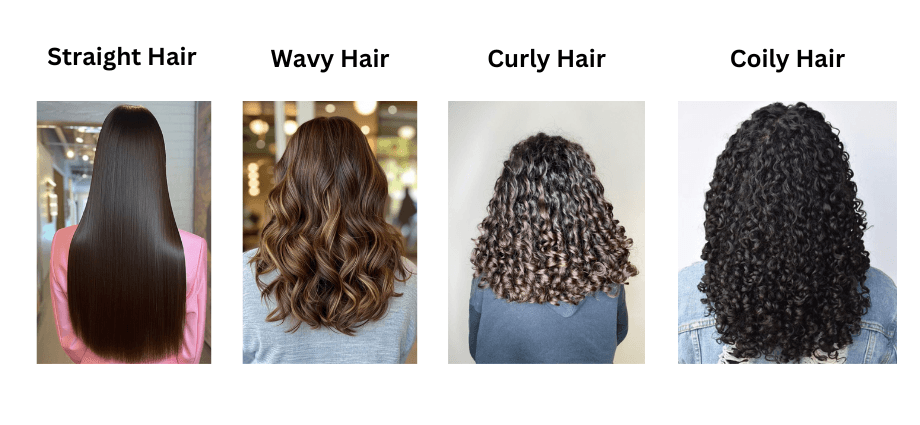
- Straight Hair: Tends to lie flat against the scalp and can get oily more quickly.
- Wavy Hair: Has a slight curl and can be prone to frizz.
- Curly Hair: Features more defined curls and can be more delicate and prone to dryness.
- Coily Hair: Has very tight curls and is often the driest of all hair types, requiring extra moisture.
Recognizing Your Hair’s Condition
In addition to your hair type, it’s important to understand your hair’s condition. If your hair is dry, it needs moisture and nourishment. If it’s oily, you may need a clarifying shampoo. Assess whether your hair is fine, thick, or damaged to make an informed choice.
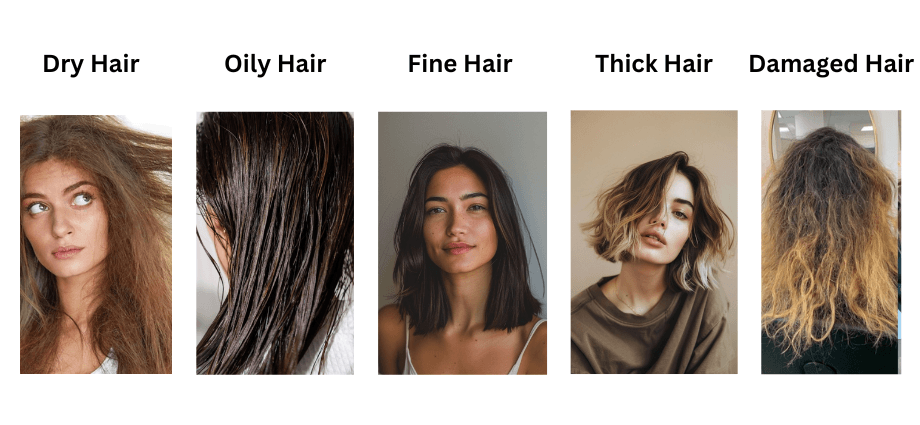
- Dry Hair: Requires extra hydration and moisture.
- Oily Hair: Needs products that cleanse and control oil.
- Fine Hair: Often lacks volume and may benefit from lightweight formulas.
- Thick Hair: Can handle thicker, richer formulas for hydration.
- Damaged Hair: Requires repairing ingredients to restore health and shine.
Choosing the Right Shampoo Ingredients
Understanding the ingredients in your shampoo is critical in ensuring it meets your hair’s needs. While some ingredients provide moisture, others help with oil control or promote hair strength. Knowing what to look for in a shampoo can make a big difference in achieving the best results.
Key Ingredients for Moisture
If you have dry or damaged hair, look for shampoos that contain moisturizing ingredients. These ingredients help restore hydration and prevent your hair from becoming brittle or frizzy.
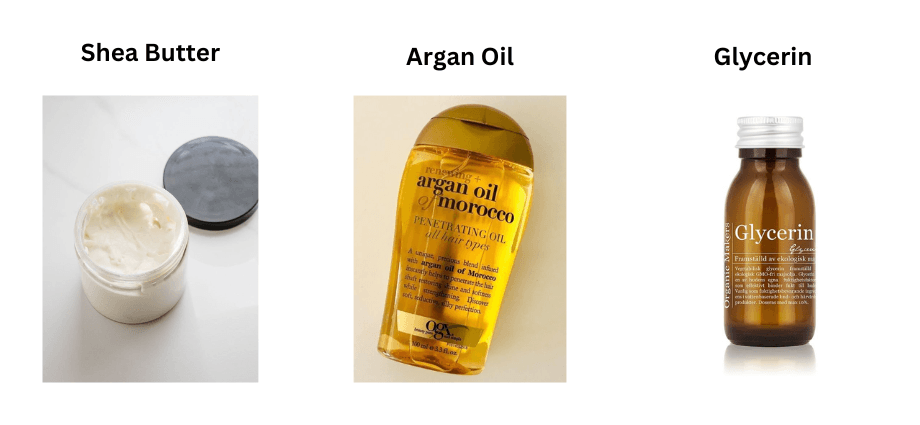
- Shea Butter: Deeply moisturizes and nourishes hair.
- Argan Oil: Adds shine and prevents hair from becoming dry.
- Glycerin: Attracts moisture from the air and locks it into the hair.
Ingredients for Oily Hair
If you have an oily scalp, you need a shampoo that will cleanse your hair without adding excess moisture. Some ingredients are designed specifically to manage oil production and keep your scalp feeling fresh.
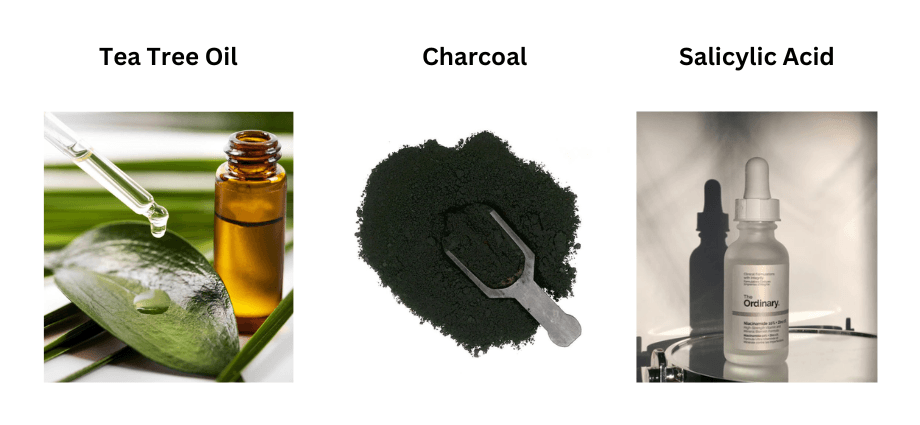
- Tea Tree Oil: Known for its ability to fight oil and reduce buildup.
- Charcoal: Helps absorb excess oil and impurities.
- Salicylic Acid: Targets oil at the scalp, helping to prevent it from weighing hair down.
Ingredients to Avoid
While some ingredients can benefit your hair, others may do more harm than good, especially for those with sensitive skin or specific hair concerns. Sulfates, for example, are harsh detergents that can strip the natural oils from the scalp and hair, leading to dryness. Parabens, commonly used as preservatives, may cause irritation or further dryness in sensitive individuals. Additionally, silicones, which are often found in shampoos to add shine, can build up over time, weighing down the hair and reducing its volume. It’s important to be mindful of these ingredients when choosing a shampoo to ensure it aligns with your hair’s needs.
Shampoo for Specific Hair Concerns
Hair concerns vary from person to person. Some may deal with dryness, others with an oily scalp, while some may need a shampoo that protects their color-treated hair. Selecting a shampoo that targets your specific concern will help you achieve better results and healthier hair.
Shampoo for Dry or Damaged Hair
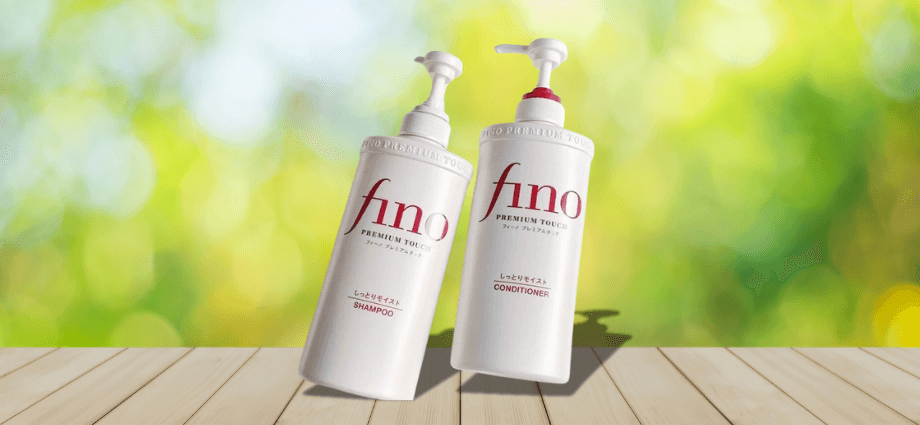
Dry and damaged hair needs extra care. Look for shampoos with reparative and hydrating ingredients that can restore moisture and improve the overall health of your hair.
- Moisturizing Shampoos: These are designed to hydrate and replenish moisture.
- Protein-Rich Shampoos: These help strengthen damaged hair by providing the necessary proteins to repair broken strands.
Shampoo for Oily Scalp
If your scalp is oily but your hair is dry, it’s important to choose a shampoo that balances oil production without stripping moisture. A good oily scalp shampoo will cleanse deeply while maintaining the natural balance of your hair.
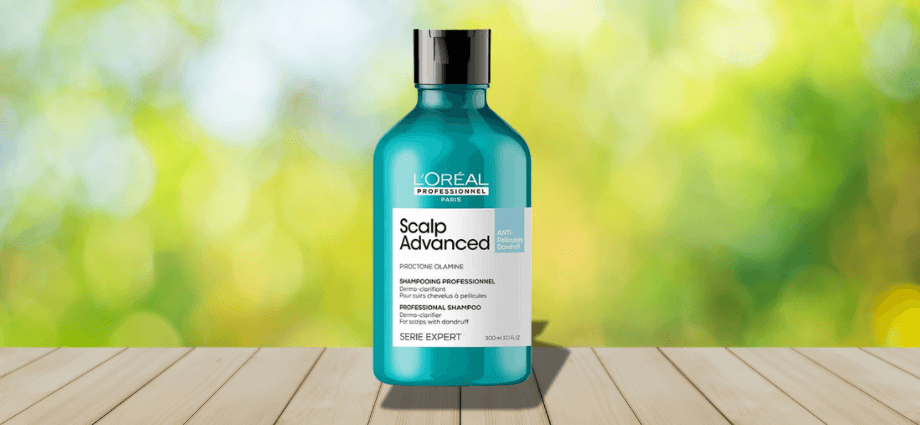
Clarifying shampoos are designed to remove buildup and control excess oil, while purifying shampoos provide a gentler cleanse, targeting oil without drying out the hair. Both options can help manage oil while keeping your hair hydrated and healthy.
Shampoo for Color-Treated Hair
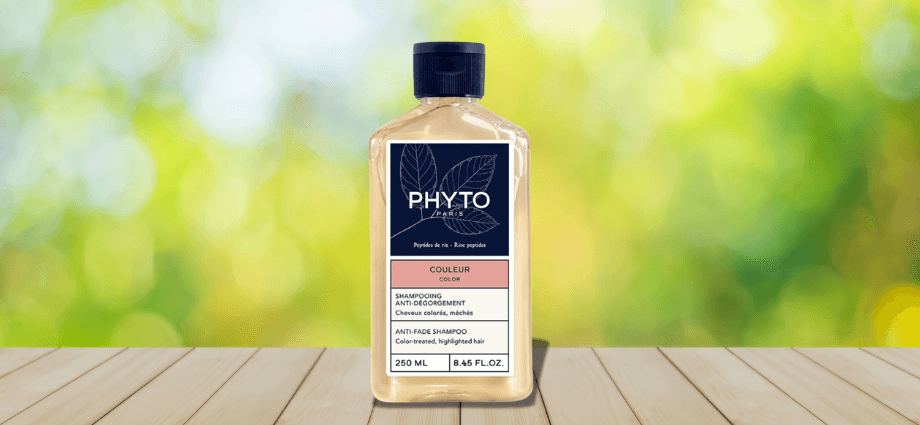
Color-treated hair requires extra care to maintain vibrancy and protect the color. Shampoos formulated for color-treated hair contain gentle cleansers that won’t strip the color and may include ingredients that protect and nourish hair.
- Color-Safe Shampoos: These shampoos are sulfate-free and designed to protect the color.
- Shampoos with UV Protection: Some shampoos contain UV filters that protect your hair color from fading in the sun.
Considering Other Hair Care Factors
In addition to hair type and shampoo ingredients, there are other factors that can impact your decision. For instance, scalp health plays a significant role in your shampoo choice, as certain scalp conditions may require specialized formulas. Environmental factors, such as the climate you live in, may also affect how your hair responds to different products.
Hair Scalp Health
Healthy hair starts with a healthy scalp. If you have dandruff, sensitivity, or irritation, choosing a shampoo that addresses these concerns is essential.
- Shampoos for Dandruff: These often contain ingredients like zinc pyrithione or ketoconazole to combat flakes and soothe the scalp.
- Shampoos for Sensitive Scalp: Mild, hypoallergenic formulas can help reduce irritation and maintain comfort.
Environmental Impact
More people are increasingly seeking eco-friendly shampoo options, particularly those that are cruelty-free and free from harmful chemicals. If environmental concerns are important to you, consider choosing shampoos that are biodegradable and come in sustainable packaging. Eco-friendly shampoos often feature cruelty-free and organic formulas, and their packaging is typically recyclable or biodegradable. Additionally, opting for shampoos made with plant-based ingredients can further reduce your carbon footprint, making your hair care routine more environmentally conscious.
How to Test a New Shampoo
Once you’ve selected a shampoo that seems right for your hair, it’s important to test it to ensure it works well for you. Different products may react differently depending on your hair’s individual needs and your scalp condition.
Patch Test
To avoid allergic reactions or irritation, always conduct a patch test before fully using a new product. Apply a small amount of shampoo to a small area of your scalp or wrist and wait 24 hours to see if any irritation occurs.
Assessing Long-Term Results
Shampoos often take time to show noticeable results. It’s best to use a new shampoo for at least a few weeks to assess its effectiveness. Pay attention to how your hair feels after each wash and whether you notice improvements in its condition.
Conclusion
Choosing the right shampoo for your hair is crucial to maintaining healthy, vibrant hair. By understanding your hair type, selecting the right ingredients, and considering any specific concerns you may have, you can find the shampoo that best suits your needs. Testing a new shampoo and being patient with results will ensure you make the right choice. With these tips, you can confidently select the shampoo that will keep your hair looking and feeling its best.
